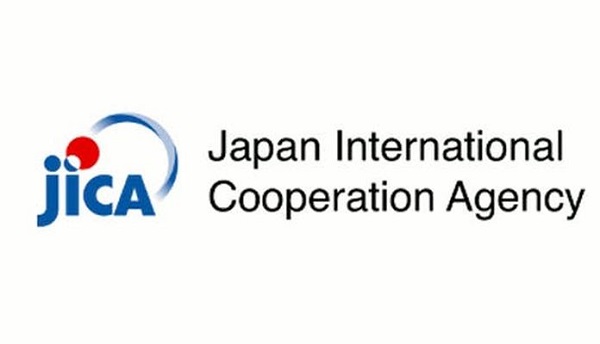
JICA builds capacity of journalists on Japan-Africa cooperation
The Japan International Cooperation Agency (JICA) has assured Ghana it will continue to support and partner the country to deliver on the Sustainable Development Goals (SDGS).
The decision, it said, did not only form part of efforts to enhance the socio-economic bond between the two countries which spanned over 50 years, but also towards achieving SDG 17.
In achieving the ambitious targets of the 2030 Agenda, Goal 17 of the SDG seeks to strengthen global partnerships and cooperation by bringing together national governments, international community, civil society, private sector and other actors to work in partnerships.
Addressing 10 African journalists invited to Japan to build their capacities on Japan-Africa socio-economic cooperation in Tokyo last Thursday, the Senior Deputy Director of Planning at JICA’s Africa Department, Mr Shuhei Ueno, said cooperation and partnerships were critical to the effective delivery of the SDGs.
He added that JICA was already cooperating with Ghana socio-economically before adoption of the SDGs and that the SDGs had only come to strengthen that cooperation.
Support to Ghana
He mentioned the SDG 3 which enjoined all UN member countries to ensure healthy lives and promote wellbeing for all at all ages as a target that JICA was supporting Ghana to deliver.
Under the target, member countries were expected to, among others, reduce global maternal mortality ratio to less than 70 per 100 000 live birth; end preventable deaths of newborns and children under five years of age, with all countries aiming to reduce neonatal mortality to at least as low as 12 per 1000 live births and under-five mortality to at least as low as 25 per 1000 live births by 2030.
Also in line with the target, Mr Ueno said JICA was helping Ghana to promote universal health coverage by helping to build and equip primary health care facilities as well as train health care professionals to deliver quality healthcare services.
He said delivering health coverage universally would also contribute to reducing maternal and neonatal deaths brought about as a result of the inaccessibility to health facilities.
He also stated that in collaboration with the Ghana Health Service (GHS) JICA had replicated a system of recording maternal and neonatal cases the Japanese way that ensured proper record keeping on expectant mothers and their babies till infancy.
Mr Ueno said for efficiency, the record book (known as Mother and Child Health Records Book), combined current antenatal and postnatal records into a single record book.
“JICA has also completed the construction of an advanced research centre for infectious diseases in Ghana at the Noguchi Memorial Institute for Medical Research and Education to help strengthen the country’s capacity to respond, prevent and prepare for public health crises,” he said.
Development agenda
Under SDG 2, which calls for zero hunger in member countries, JICA is supporting Ghana to double rice production through improved farming practices and is training agriculture extension officers in Japan for free.
Apart from the SDGs, JICA is also partnering Ghana in the areas of health, agriculture and education based on a Japanese model currently in use.
Mr Ueno said as part of human resource development support to Ghana, Japan regularly sponsored Ghanaian civil servants in capacity building initiatives and also deployed volunteers to work in different sectors of the Ghanaian economy to boost productivity and help bridge service gaps.
He added that JICA was also helping to renovate roads such as the N8 while assisting to increase rice production and quality among many more areas of cooperation.
Writer’s email
